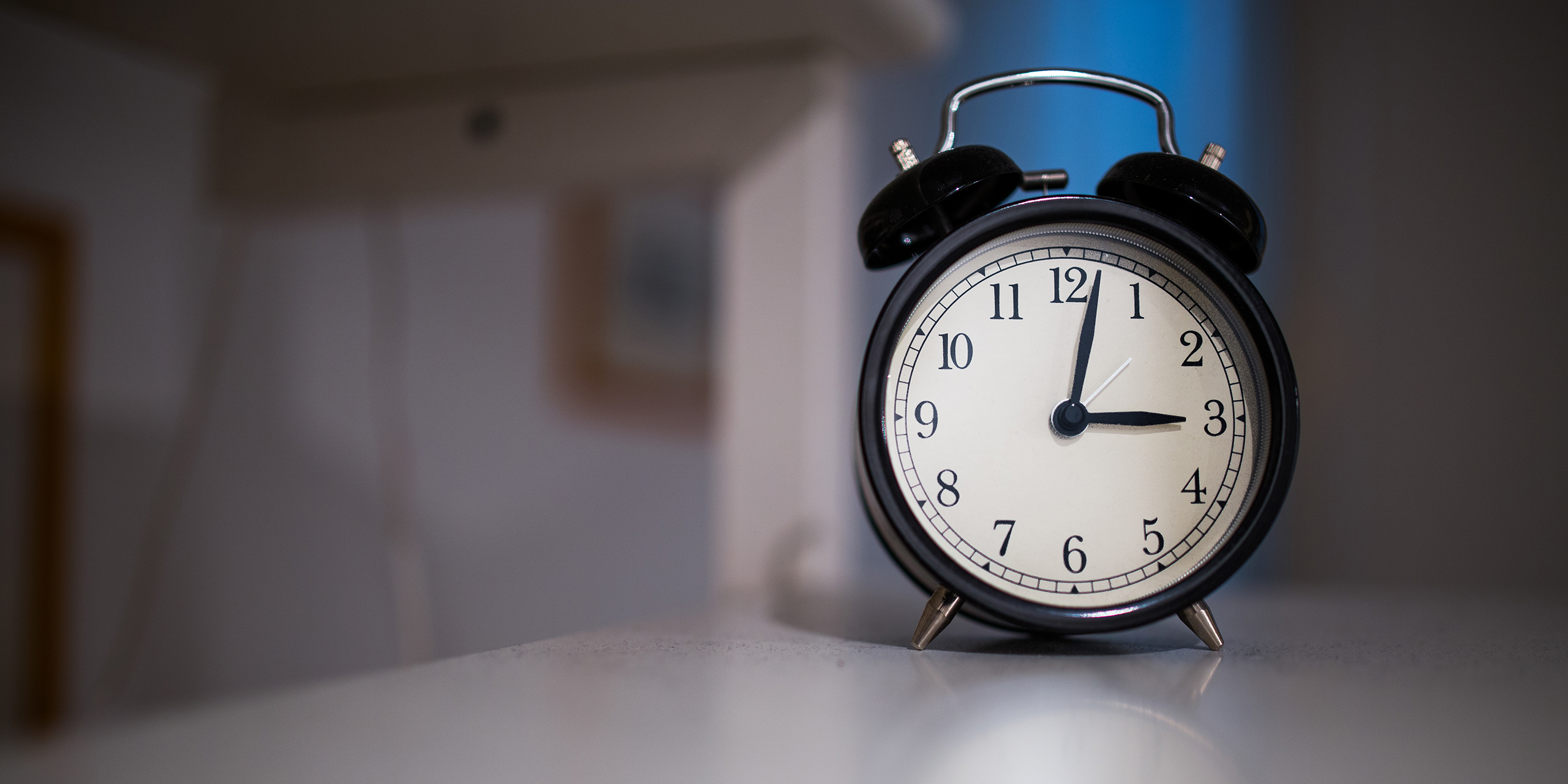Time Change Fatigue: How Time Change Affects Sleep

Who doesn’t like getting an extra hour of sleep? The chance to get 1 more hour of rest during the fall time change is something all of us can appreciate. Unfortunately, few receive the benefits of the extra hour due to natural circadian rhythms and sleep habits. You might have wondered at one point, „Why am I so tired in the winter?“ The movement of the sun, light, and temperature all have an impact on natural sleep cycles, and during the two seasonal time changes each year, many people find that their sleep is disrupted following each adjustment.
These adjustments can have a noticeable impact on your body.
How long does adjusting take?
The brain’s internal clock can take up to a week to adjust to a new time change, and many people will experience trouble falling asleep and staying asleep during that period. If you’re a night owl who gets less than 7 ½ hours of sleep a night, you’ll also discover that you have a harder time adjusting to the change than people who regularly get 7 ½ to 8 hours of sleep.
Perhaps more concerning than just feeling groggy, the changing of the clocks may increase the risk of other major health issues. Interestingly, those risks are higher during the first three days of Daylight Saving Time in the spring than during the first few days of Standard Time in the fall. A 2008 Swedish study in the New England Journal of Medicine found that the day after the Fall time change, there are fewer heart attacks, indicating a correlation between getting extra sleep and a reduced risk of heart attack. Conversely, at the start of Daylight Saving Time in the spring, there is a notable increase in heart attacks, as well as car accidents, in the first few days following the change.
The end of Daylight Savings Time can be a catalyst for serious health issues as well. A 2016 study in Epidemiology found that this period is associated with an increase in the rate of unipolar depressive episodes which is likely tied to the shortening of the daylight hours and disruption, again, of circadian rhythms. After all, circadian rhythms including our melatonin circadian rhythm are tied to the main culprits behind depressive disorders. Additionally, according to the CDC, insufficient sleep is a current public health problem , which further exacerbates the overall feelings of anxiousness and irritation many people feel during the first week after Daylight Saving Time begins and ends. Those who are already sleep deprived have emotional centers of the brain that are more reactive than for those who are well-rested. Plus, since our bodies naturally release melatonin when our brains detect darkness, the shortened daylight hours in the fall can leave us feeling sleepier, sooner.
What can we do to ease into a time change?
The best thing to do to reduce stress and sleepiness during time change periods is to prepare, and make time for sleep! Sleep specialist Dr. Harneet Walia of the Cleveland Clinic suggests that you start preparing a few days early by moving your bedtime up by just 15 to 30 minutes. But if you are unable to fall asleep try using a sleep aid device or white noise machine. For waking up she suggests losing the sleep mask and leaving blinds and curtains open to gain bright light exposure in the morning, avoiding alcohol and caffeine up to 6 hours prior to bedtime, and not taking long naps in the days immediately following a change to help ease the transition. In general, the key is to practice good sleep hygiene, no matter what, so that your nights are restful, and your days less stressful.
“Daylight Savings Time Transitions and the Incidence Rate of Unipolar Depressive Episodes,” Epidemiology. < https://www.ncbi.nlm.nih.gov/pubmed/27775953>.
“Insufficient Sleep Is a Public Health Problem,” Centers for Disease Control and Prevention. < https://www.cdc.gov/features/dssleep/index.html>